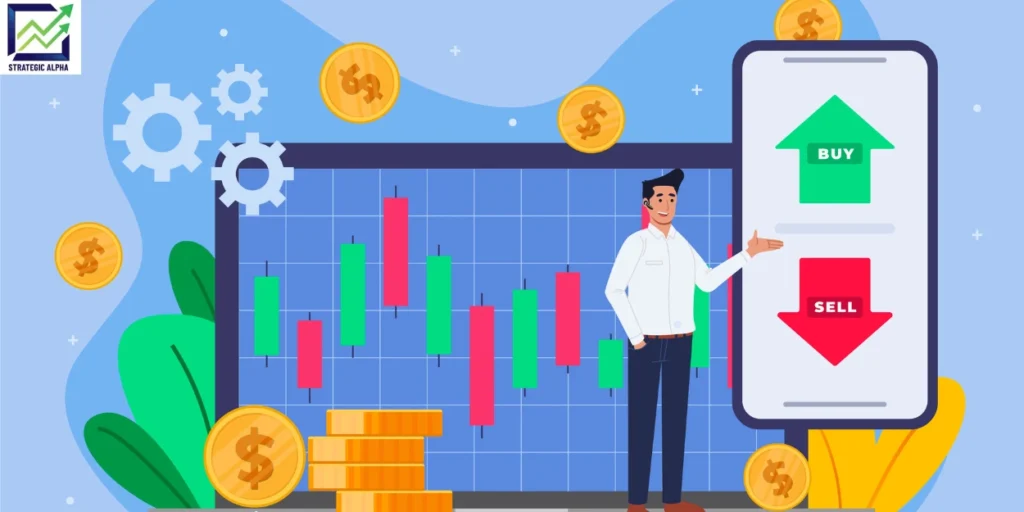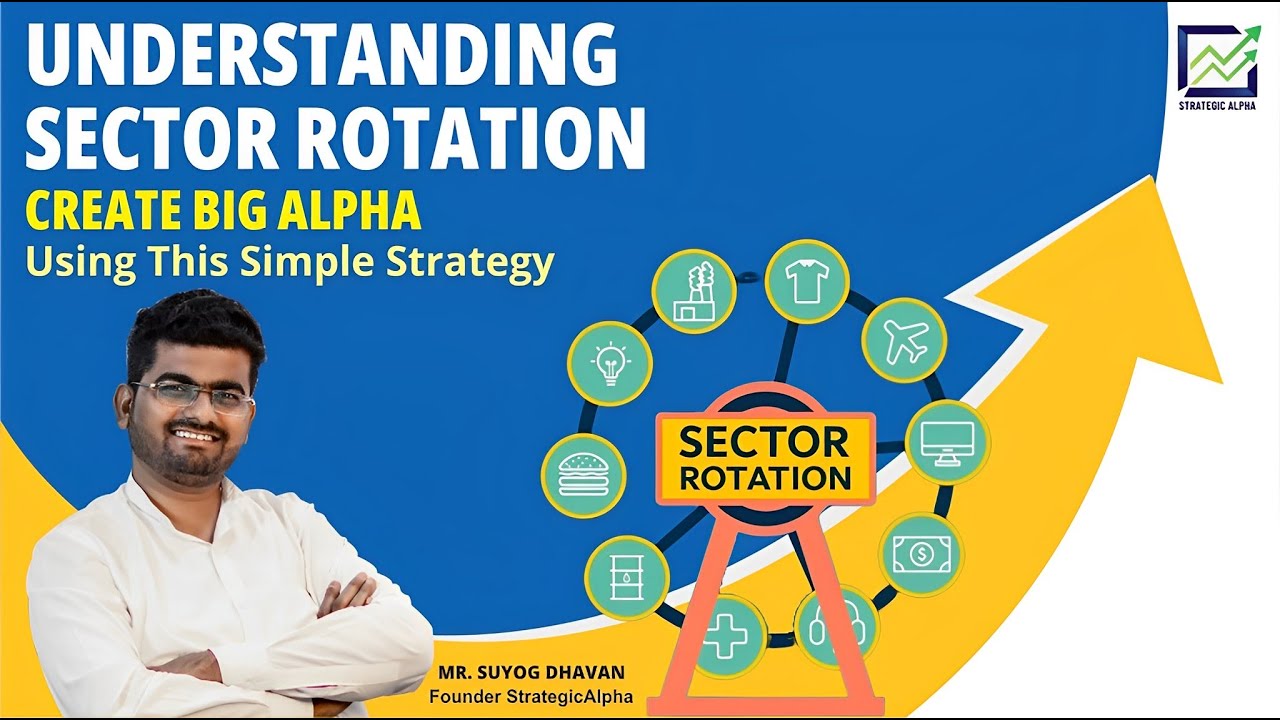If you have been into trading or have an interest in the share market, it is pretty sure you’ve probably noticed how inflation or interest rate announcements affect the share market performance. But why or how do these two factors impact the stock market? Don’t worry, we will see precisely how inflation and interest rates affect the stock market and, eventually, the decisions of traders and investors.
Inflation and Its Impact On Stock Market
Inflation basically is a rise in the overall price of goods and services. So when inflation moves upward, the purchasing power of money decreases, as you would require more money to get the same items. Here’s a quick example to understand it better. If you used to buy a liter of milk for Rs. 50 last year and now it costs Rs. 60 or 65, that is because of the inflation.
From an investor’s point of view, inflation has an impact on the stock market. On one side, companies may raise prices of their products to maintain the profit as high inflation increases the cost of raw materials and labor. This in turn increases their stock value. However, on the flip side, higher prices limit consumer spending, particularly on non-essential goods, which thus results in lower company revenues.
For example, consider a fast-moving consumer goods (FMCG) company like Britannia. When the price of wheat, palm oil, or fuel goes up, the cost of biscuit production increases. If consumers reduce purchases due to higher prices, the company’s sales and profits will fall. And this will eventually result in its stock market performance.
How Interest Rates Impact Stock Market
Now that we have gotten an idea of inflation, let’s understand about interest rates, which are closely connected. In India the RBI is responsible for managing inflation and ensuring economic stability. When inflation rises excessively, to control inflation, the Reserve Bank of India (RBI) raises interest rates, making loans and credit costlier. This makes the borrowing costly. People also choose to spend less, which slows down the economy and brings inflation under control.
For individuals like us, higher interest rates discourage taking personal or home loans, which reduces consumer spending. However, higher interest rates also mean companies will have to now pay more interest on their loans, which also hampers their business expansion and lowers profits. This again reflects in the stock market.
For instance, if the RBI increases the repo rate (the rate at which banks borrow from the RBI), banks then raise interest rates for customers. And a rise in interest rates means fewer sales, which in turn leads to a fall in the company’s stock.
Therefore, while higher interest rates help fight inflation, they can also lead to economic slowdown, impacting stock market trends.
The Cyclical Impact of Inflation and Interest Rates
Inflation and interest rates together create a cyclical chain reaction in the share market. Here’s how it usually works:
- Inflation rises, then the central bank raises interest rates
- Higher interest rates mean borrowing costs rise, profits fall
- Lower profits mean stock prices will drop as investor confidence dips
- Lower Inflation and Stable rates then finally lead to market recovery and optimistic returns
The Impact On Investors
While short-term stock market traders react quickly to inflation or interest rate news, long-term investors look at the long-term and broader view. They understand that the inflation and interest rate cycles are temporary. They know that what really matters is the company’s long-term growth potential. Thus, during inflation, these investors might continue to hold stocks of companies with strong balance sheets since they can better handle cost pressures and maintain their revenue or profit. This is the reason why experienced investors often suggest not panicking with every rate change. Instead, focus on the long-term growth potential of your portfolio.
Wrapping Up
Inflation and interest rates play a crucial role in the movement of the stock market. When inflation goes up and borrowing costs rise, you’ll often notice that the markets slow down. However, when inflation stabilizes and interest rates drop, markets usually bounce back and recover. Both of these factors are part of the broader economic cycle. What really matters, though, is how you, as an investor, react to these shifts or market changes. Keeping calm, being patient, and sticking to a disciplined approach while focusing on long-term value instead of panicking over the short-term changes can help you build a strong investment strategy.
So, whether you are a beginner investor or an experienced stock trader, you should always keep in mind that the market will continue to fluctuate and move upwards and downwards. It is always a matter of staying consistent, informed, and patient in the long run. Moreover, if you need professional guidance, trading mentors at Strategic Alpha can assist you in managing these market changes by providing well-researched advice and personalized strategies.





